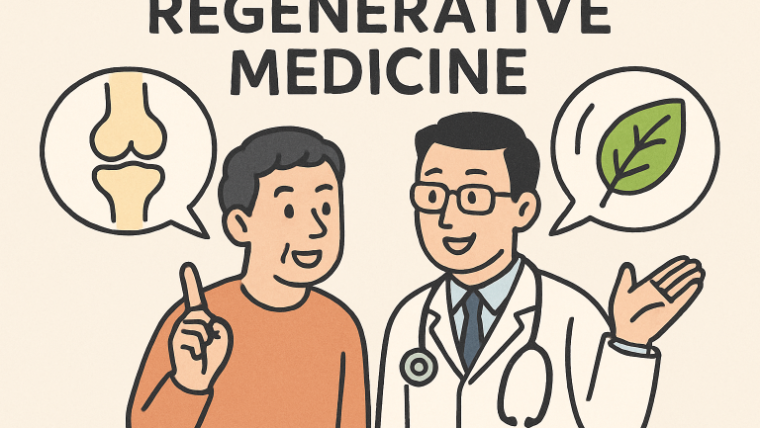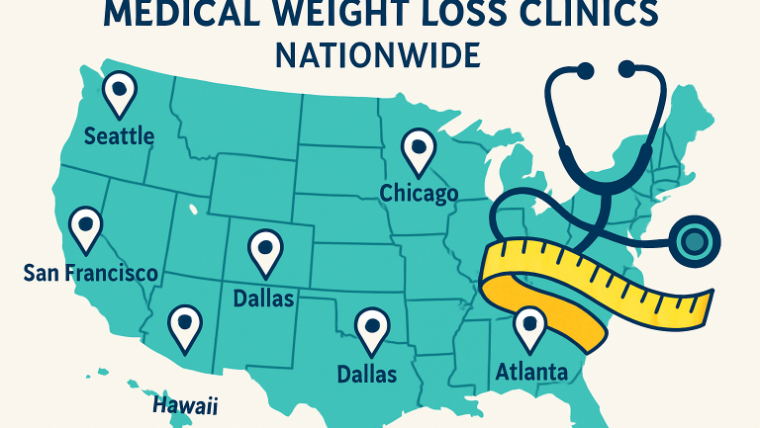By engaging with clinical studies, volunteers become an essential part of the research process—helping researchers understand new treatments’ effectiveness and potential side effects. This commitment enhances current medical knowledge and ultimately strengthens community health systems nationwide. Without the willingness of volunteers to try new therapies under careful supervision, many promising treatments would never progress beyond the laboratory. The direct involvement of patients and healthy subjects alike adds a real-world dimension to scientific inquiry, allowing new medicines and strategies to be tested rigorously before being widely adopted by the medical community.
Volunteering for clinical trials helps improve individual and societal health. Participants support progress with lasting effects. While trials offer access to new treatments and expert care, participation requires careful thought. It’s important to weigh the pros and cons of taking part in clinical trials before making any decisions, as clinical research involves both potential risks and rewards. Participating in clinical research is crucial for bringing new therapies to patients and paving the way for future breakthroughs, ultimately driving advancements in how medicine treats disease and improves quality of life.
Table of Contents
Understanding Clinical Trials
Clinical trials are rigorous medical research studies designed to evaluate the safety, efficacy, and optimal use of new drugs, devices, or treatment methods. These scientifically structured investigations answer critical questions about how therapies work and whether they are truly beneficial—and safe—for broader populations. Without the voluntary participation of individuals from diverse backgrounds, critical advancements in diagnostics, therapies, and medical technology would be stalled or, in some cases, never realized. The process is highly regulated, often occurring in phases that first test a potential treatment in a small group before enrolling larger, more diverse groups of volunteers. These studies move promising ideas from the lab to the real world, providing essential data that shapes clinical practice standards and healthcare policy. As research advances, the outcomes of clinical trials become the blueprint for improved medical treatments adopted by doctors and healthcare systems worldwide.

Personal Benefits of Participation
Clinical trials offer participants several benefits that extend beyond immediate health improvements. These advantages include early access to novel treatments, particularly for individuals with chronic or life-threatening illnesses who have exhausted conventional care options. Participating patients also benefit from close health monitoring, which involves frequent check-ups, extensive testing, and specialized medical attention, potentially leading to quicker detection of health changes and improved outcomes. Furthermore, many volunteers derive personal fulfillment from contributing to medical advancements, finding purpose and satisfaction in the knowledge that their participation may benefit future generations and play a role in scientific discovery and healing.
Contributing to Medical Advancements
The foundation of every new drug or procedure rests on the outcomes of carefully conducted clinical research. Volunteers offer critical information about how treatments work across different populations, which in turn helps refine and improve medical care. Each person who takes part in a study provides data and feedback that informs scientists, regulatory authorities, and clinicians about the real effects of a therapy. Their commitment allows researchers to navigate the complex journey from discovery to widespread availability, drastically reducing the time it takes for effective solutions to reach those in need. The development of virtually every approved medication has depended on the dedicated involvement of volunteers in clinical research. In this way, study participants become partners in progress, helping bring new medicines to market faster and with a level of scrutiny that benefits everyone.
Enhancing Community Health
Clinical trials don’t just help individuals—they shape the health outcomes of entire communities. Many studies target diseases disproportionately impacting certain regions or groups, addressing inequities in medical research and treatment. For example, research around diabetes, cancer, or cardiovascular disease often focuses on finding solutions for populations most affected. Such targeted studies can reveal social, genetic, or environmental factors that drive health disparities, unlocking new strategies for prevention and care. This ensures that breakthroughs are not only innovative but also equitable and responsive to real-world needs. By joining a clinical study, volunteers help create treatments tailored to those who will benefit the most, promoting widespread wellness and resilience within their communities. Communities that participate in research often benefit from increased public health awareness, better local resources, and a culture that values scientific engagement.
Ensuring Diversity in Research
Diversity among clinical trial participants is vital for developing treatments that are safe and effective for everyone. Different groups may respond differently to the same medication due to genes, environment, or lifestyle. Ensuring participation reflects society at large leads to results that are broadly applicable. When studies recruit people of varying ages, ethnicities, genders, and health backgrounds, results become more meaningful and useful for medical professionals treating diverse patient populations. Efforts are ongoing among research organizations around the world to increase enrollment from minority, elderly, and underserved populations, promoting fairness and comprehensive scientific understanding. According to the National Institute of Mental Health, increasing diversity in clinical trials produces more actionable data for clinicians and public health authorities. This focus on inclusivity improves public trust in new treatments and ensures safer outcomes for people from all walks of life.
Safety and Ethical Considerations
Safety is always the top priority in clinical research. Every trial operates under strict ethical standards established by government agencies and monitored by independent review boards. Doctors, scientists, and patient advocates regularly review protocols and oversee the day-to-day conduct of the studies to ensure the safety and rights of volunteers. Informed consent is a fundamental requirement—every participant receives detailed information about possible risks, benefits, and procedures before agreeing to join. This process ensures that no one is exposed to unnecessary harm and that each person’s involvement is fully voluntary. Throughout the study, rigorous oversight and frequent evaluations help protect the well-being of all volunteers, ensuring their participation remains voluntary and informed at every step. If new information arises that could impact a participant’s safety, they are informed right away, underscoring the respect for individual autonomy that is central to ethical research.
How to Get Involved
For those interested in participating in clinical trials, the journey often begins with a conversation with your healthcare provider. Doctors and research nurses can help assess eligibility and recommend reputable trials. Trusted online databases list ongoing studies, allowing you to search by location, condition, or intervention. This makes it easier than ever for people from all backgrounds to identify opportunities to contribute to medical progress. Local hospitals, medical research institutions, and universities also frequently offer information about active trials and how to join sign-up lists or informational sessions. Many facilities hold informational seminars or provide literature to help potential participants understand what to expect and how they can get involved safely and responsibly.
Conclusion
Volunteering in clinical trials supports personal and public health by connecting science with real-world healing, helping develop transformative therapies. Participants gain access to advanced healthcare and shape future medicine. Before joining, review the pros and cons, consult reliable sources, and discuss options with your doctor. Your involvement can make a lasting impact, advancing safer, effective treatments worldwide, and playing a role in lifesaving progress.


